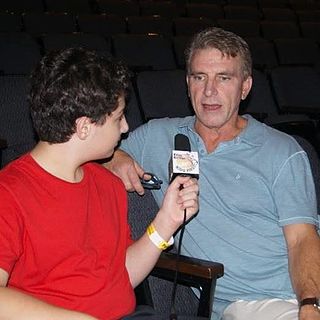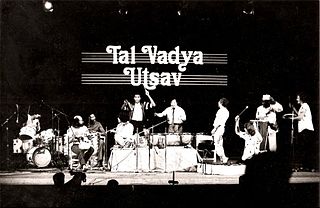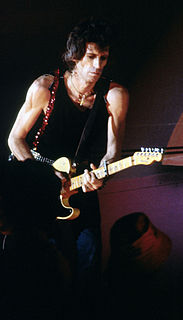A Quote by Peter Gabriel
The rhythm is below me, the rhythm of the heat. The rhythm is around me, the rhythm has control. The rhythm is inside me, the rhythm has my soul.
Related Quotes
All life requires a rhythm of rest. . .
There is a rhythm in the way day dissolves into night, and night into morning. There is a rhythm as the active growth of spring and summer is quieted by the necessary dormancy of fall and winter. There is a tidal rhythm, a deep, eternal conversation between the land and the great sea.
Whether I'm performing or directing, I'm aways thinking about rhythm; sometimes it's nailing the right rhythm, and sometimes it's intentionally breaking the rhythm. Those two things are what make something funny or not. How long a shot is and where you put the camera are all part of that rhythm of directing.
Time is a social institution and not a physical reality. There is no such thing as time in the natural world - the world of stars and waters, clouds, mountains and living organisms. There is such a thing as rhythm - rhythm of tides, rhythm of biological processes... There is rhythm and there is motion. Time is a way of measuring motion.
There's the internal rhythm within a sequence, and then there's the rhythm between the sequences, and that's extremely important in constructing the narrative. For example, you don't put two big dramatic scenes right next to each other. But you can use the rhythm of the transition shots; they can often serve a double purpose.
From the get-go, I was wise enough to say, 'Well, I'm playing rhythm 'cause Angus could really soar with the leads.' I used to mess around a little bit with lead at the time but not much; Angus, he was just so much better; he just went for it, and it was brilliant. My place was sitting with rhythm, and I love rhythm. I've always loved it.
What interested me about Chuck Berry was the way he could step out of the rhythm part with such ease, throwing in a nice, simple riff, and then drop straight into the feel of it again. We used to play a lot more rhythm stuff. We'd do away with the differences between lead and rhythm guitar. You can't go into a shop and ask for a "lead guitar". You're a guitar player, and you play a guitar.




































